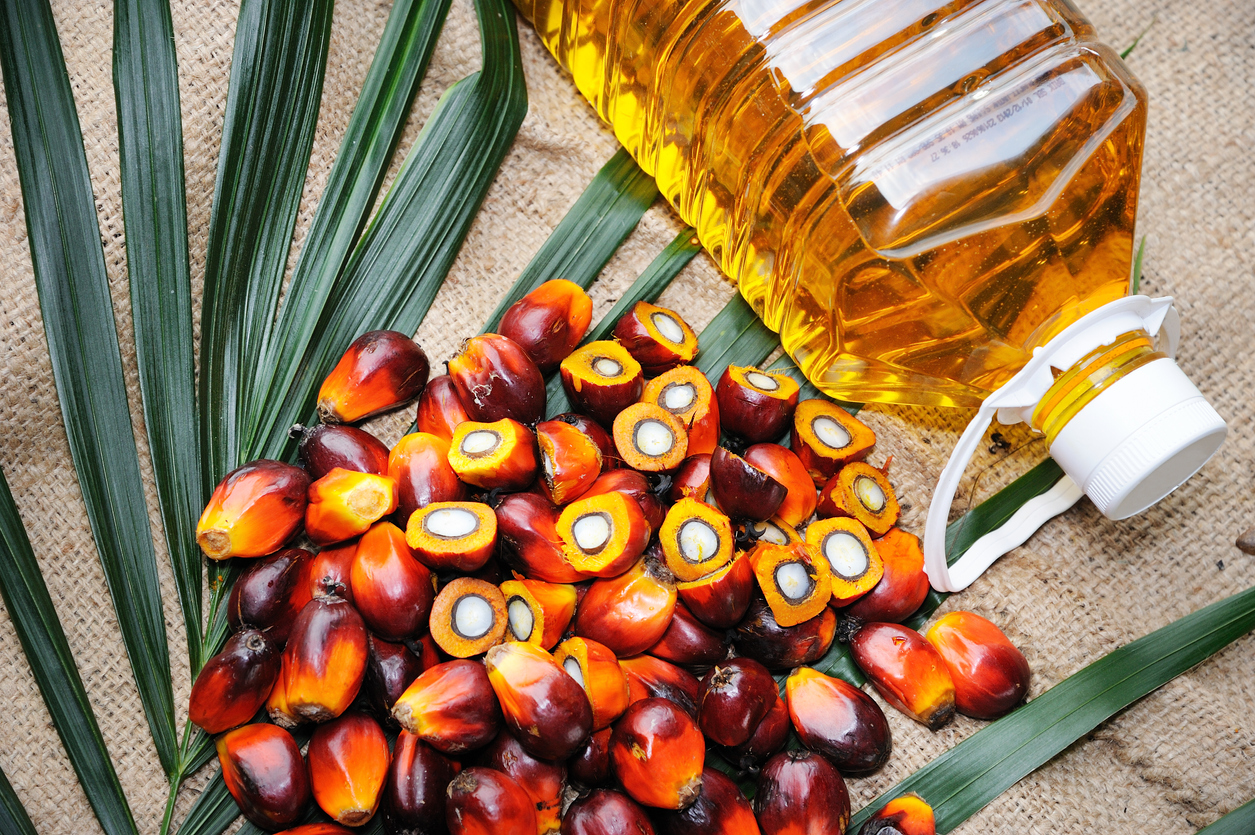Understanding the Importance of Palm Oil to Nigerian Trade
Understanding the Importance of Palm Oil to Nigerian Trade
Palm oil is an edible vegetable oil found primarily in Indonesia and Malaysia. The plant is a source of income for many people in these countries, and it is used primarily in the production of soaps and cosmetics. Palm oil has also been listed as one of the world’s most important crops by the Food and Agriculture Organization (FAO). There are many reasons to understand the importance of palm oil to Nigerian trade. Here are some that you might not know about.
The role of palm oil in the Nigerian economy
Palm oil is a valuable resource to the Nigerian economy because it is used in many different industries and goods. Palm oil is an edible vegetable oil found primarily in Indonesia and Malaysia. The plant is a source of income for many people in these countries, and it is used primarily in the production of soaps and cosmetics. It has also been listed as one of the world’s most important crops by the Food and Agriculture Organization (FAO).
Palm oil has recently become a controversial topic in Nigeria because it provides an opportunity for economic growth but can also lead to environmental degradation.
Nigeria produces about 1.5 million tons of palm oil annually, making it one of the world’s largest producers of palm oils. Palm oil’s value to Nigeria’s economy can be seen in its $2 billion worth in exports each year, which funds much-needed infrastructure projects in rural communities that lack basic services like clean water and sanitation. However, at the same time, there are sustainability concerns related to the harvesting process because large swathes of natural forest habitat are destroyed when new plantations are created for use by palm oil companies.
In recent years, various state governments have attempted to pass legislation related to palm oils cultivation practices, such as limiting how
Palm oil and its influence on other sectors
In addition to being an important food item in many countries, palm oil is also a significant export. In 2016, Indonesia and Malaysia exported a combined total of 14.9 million tonnes. The industry accounted for approximately 3 billion USD in exports that year alone.
The industry employs a number of people in these regions as well. In 2015, the industry employed about 1 million people in Indonesia and Malaysia alone. Between 2007 and 2012, employment has increased by 40 percent each year.
Palm oil is also responsible for generating other industries in these regions. One such example is the rubber industry. Palm oil plantations require large amounts of water, which can be used to cultivate rubber trees or other crops like bananas or corn. This sets up an opportunity for diversification and expansion of exports from these countries.
Palm oil production has been linked to deforestation in Indonesia and Malaysia as well as to carbon emissions and biodiversity loss due to land conversion and fragmentation of habitats among other negative consequences.
Palm oil and Nigeria’s foreign trade
Nigeria is a country in West Africa that’s known for its palm oil production. In 2016, it exported about 1.5 million tons of palm oil in all, which makes up 39% of the world’s exports.
In 2016, Nigeria imported US$4.2 billion worth of goods from other countries and exported US$6.3 billion worth of goods to other countries. Palm oil is one of the biggest exports from Nigeria, followed by cocoa beans and petroleum products.
Although Nigeria has been producing a large amount of palm oil in recent years, it still imports some from Malaysia and Indonesia to keep its factories running at full capacity. This causes a trade deficit for Nigeria because even though they’re exporting a lot more than they’re importing over time, the imports are higher in value than what they export on average.
Palm oil is one of the most important crops for Nigerian trade because it accounts for such an enormous percentage of their exports and foreign exchange earnings (in fact, there’s a lot more money to be made exporting palm oil than cocoa beans). And since it’s such an important crop, we must know what we’re doing with it!
Conclusion
Palm oil is a valuable and influential crop in the world, and Nigeria has a lot of trade that relies on it. There are many reasons to understand the importance of palm oil to Nigerian trade. Palm oil is an edible vegetable oil found primarily in Indonesia and Malaysia, with Nigeria being one of the major suppliers for this product.
The plant is a source of income for many people in these countries, and it is used primarily in the production of soaps and cosmetics. Palm oil has also been listed as one of the world’s most important crops by the Food and Agriculture Organization (FAO). With properties beneficial to human health, you can see why palm oil is worth understanding for Nigerian trade.








LEAVE A COMMENT
You must be logged in to post a comment.